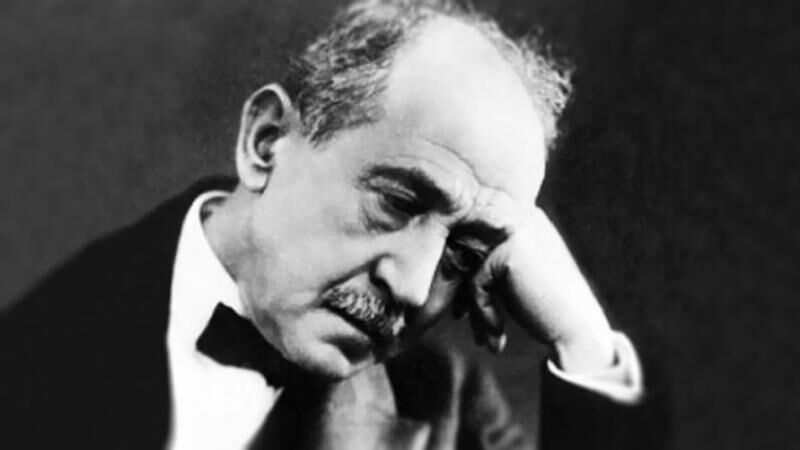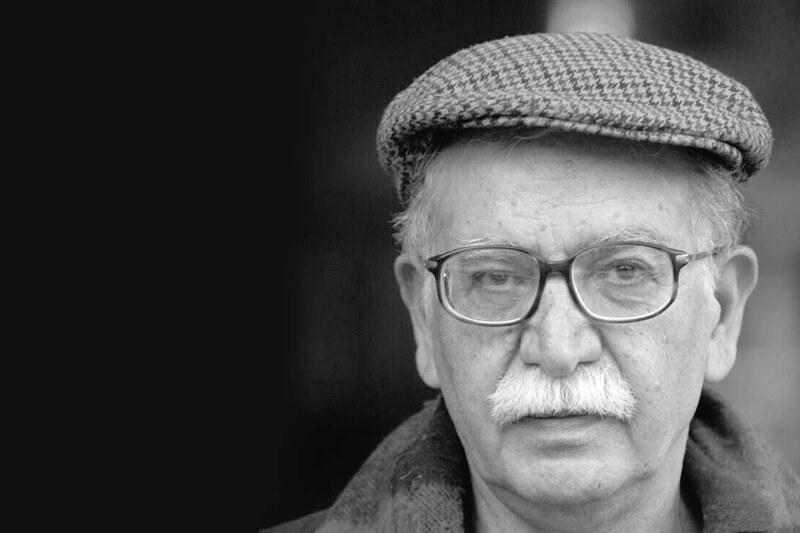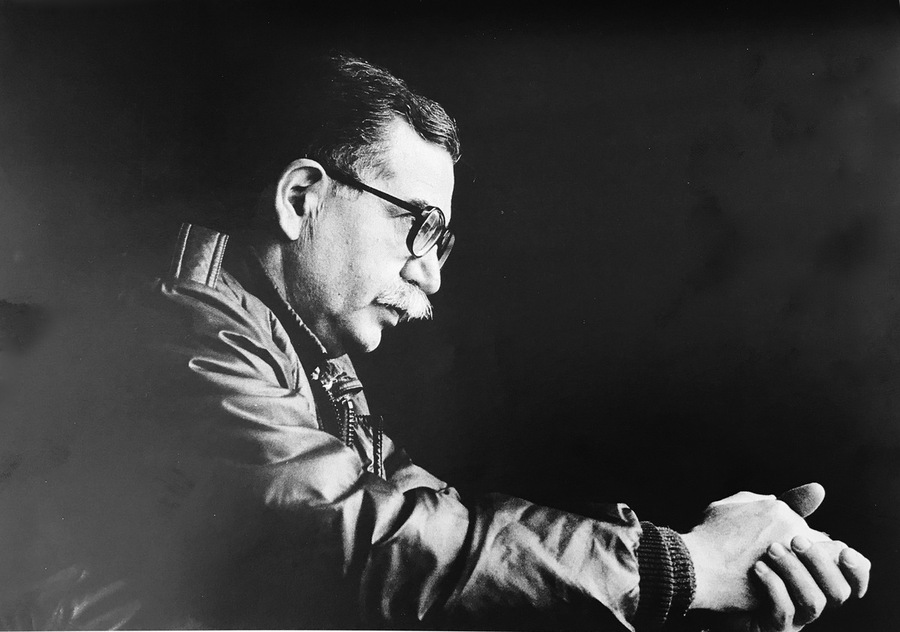Dr. Azad Mukri
In the world of literature, many writers do not create their works in their mother tongue, but rather they consider their oppressor's language and their political thinking, art, and national history so important that they apply them as their expression language; these writers even select the dominant way of thinking as their own thoughts. This group of writers and artists will never have a place in their nation's literature history. even if they are very creative, they will not be considered a national writer. There are such writers and poets all over the world. For instance, there are several writers from the "Caribbean Region" who have chosen to write in their oppressor nation's language, and at the same time, they have attempted to leave a trace of their own culture and language in their works. Therefore, two kinds of literature have been known in England and America. One is English literature and the other is the English written literature. That is a part of the works that are well-known in the world as English literature works are produced by some writers who are not originally English or American but are African or Caribbean writers. These writers who are from the colonized countries, apply English in a way that is called slang English or English with an accent. They use many words, phrases, expressions, and proverbs in their works that are from their own languages but their text is considered to be English overall.
People like "Edward Saeed" and "Homi Bhabha" and "Chakravorty Spivak" who are post-colonial philosophers and thinkers believe that these writers want to make their mother tongue's echo to be heard in the English language. In other words, they want to ring the bell of their own language in English language. Such writers not only do not deny their culture and their mother tongue treasure as a language but also attempt to introduce a part of their language and literature features in the target language and literature through their art and use art as a window for communicating and introducing themselves. Thus, in this way, the oppressed nation, its culture, and its influential characters could be known.
On the other hand, many writers, poets, and artists give up their own literature and meltdown into the language, literature, and culture of their dominant nation because as the socialists say they feel like losers within their dominant language and think greatness thus, become servants of that culture and language. They serve a nation that both oppresses their language and culture and deprives their nation of their liberty and equality. We can mention "Ahmad Showqi" in the Arabic world as such an artist.

Ahmad Showqi
Ahmad Showqi is known to be the king of Arabic poetry. He is one of the most important poets in the Arabic world. Ahmad Showqi is originally a Kurd. As "Ali Mardan" mentions in his autobiography, "The Autumn Leaf", Ahmad Showqi confessed to being originally Kurd and from a Kurdish family. However, he has used Arabic language as his writing language all his life. He never looked back at Kurdish thinking and never paid the slightest attention to the Kurdish man or Kurdistan's geography in his texts. "Jamil Sedqi Zahawi" is also another poet who is originally Kurd. He is one of the best poets in Arabic Neo-poetry. However, he never glanced back at his mother tongue, his nation, or his nation's sufferings.
In Iran and the East part of Kurdistan, although there have been some writers who have written in the dominant language, they always were concerned about the Kurdish nation and their language, the Kurdish man, and the social and political issues of a Kurdish man. One of these writers is "Ali Ashraf Darwishiyan" who is both known in Persian literature and also in the East part of Kurdistan as a courageous poet with his own particular way of thinking. All his works are more or less about the Kurds. The characters he has created in his works are Kurdish people, especially from Kermashan. Most of his characters use the Kermashani Kurdish dialect in their dialogues. That is, the author has written a Kurdish line in a Persian text and has written the translation of that line in the footnote. In other words, we can say that Ali Ashraf is one of those writers who although he has written in the dominant nation's language which is Persian, he has tried to make his Persian texts a slang language or a text with an accent to make the Persian readers that the writer of this text, Ali Ashraf Darwishiyan, is originally a Kurdish author.

Apart from the linguistic aspect, this author has tried to include the Kurdish way of thinking and their social issues within his works' framework. One of his main stories that illustrates this characteristic of his works significantly is a story called "Awiyar" which is translated into Kurdish by "Yunes Rezayi". A review is also written about this work called "From the Bright Window of Expectation".
There is only one thing that mentions the place where the story happens and it is the title of the story, Awiyar (Awiyar or in Persian Abidar is the name of a mountain chain in Sna). Awiyar in this story is a symbol of the motherland which implies all of the East part of Kurdistan, because the name of Awiyar is not mentioned in the text at all as a mountain in Sna or a place. Ali Ashraf, however, has assigned Awiyar as the motherland or a place where patriotic Kurdish men are raised. The whole story of Awiyar happens in his coffee shop. On a Winter snowy night, in an old coffee shop, an old woman is waiting for his son to return home from his post as a Peshmerga and visit her. Every movement outside under the heavy snow and every sound that can be heard makes the old woman take a look outside of the coffee shop. A sick old woman who is spending the last minutes of her life expecting his son to be back. A son who is a Peshmerga trying to liberate Kurdistan. He is living in the mountains and the only occasions he can come home is when it is snowing and foggy so that the enemies can't see him. In this story, Ali Ashraf retails the last minutes of this old woman's meeting with her son. This woman is waiting for nothing. They had killed his son in front of her eyes. They had put his corpse on a truck to move it around the town to make others fear more. Although this woman has seen these events and scenes, she did not believe them; she did not believe that her patriotic son, her revolutionary son who was fighting Iran's oppressive political system was dead.
The picture Ali Ashraf is illustrating in the Persian language within the story of Awiyar framework for the Persian people is one of the most inhumane deeds that the Persian government has committed against the Kurdish nation. A picture that even now the regional people cannot believe a system could be so fascist and tyrannical that even after killing their opposition figures they could put their dead bodies on the back of a truck to move them around town just to make the others fear them even more.
Ali Ashraf Darwishiyan is the representative of a kind of literature that we can call post-colonial literature. Although, this kind of literature that Darwishiyan has applied is also known as Socialist Realism or Critical Realism in which the writer is writing in favor of the oppressed social class, the workers, farmers, and laborers. However, despite all these, we cannot ignore Darwishiyan's concerns which can be classified as national concerns.









